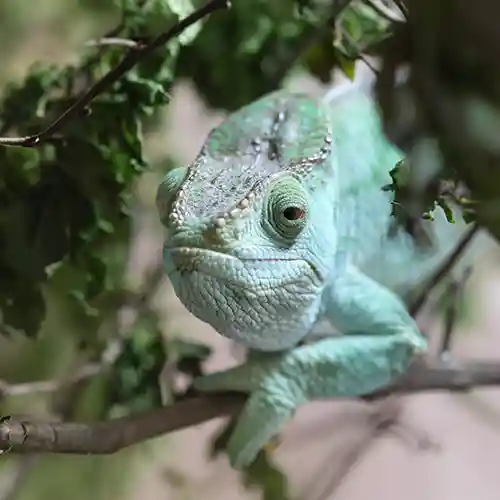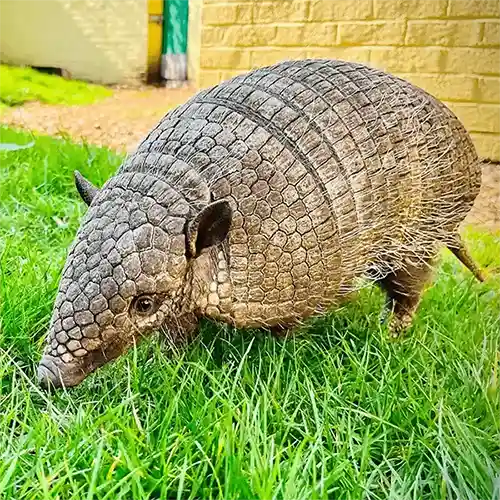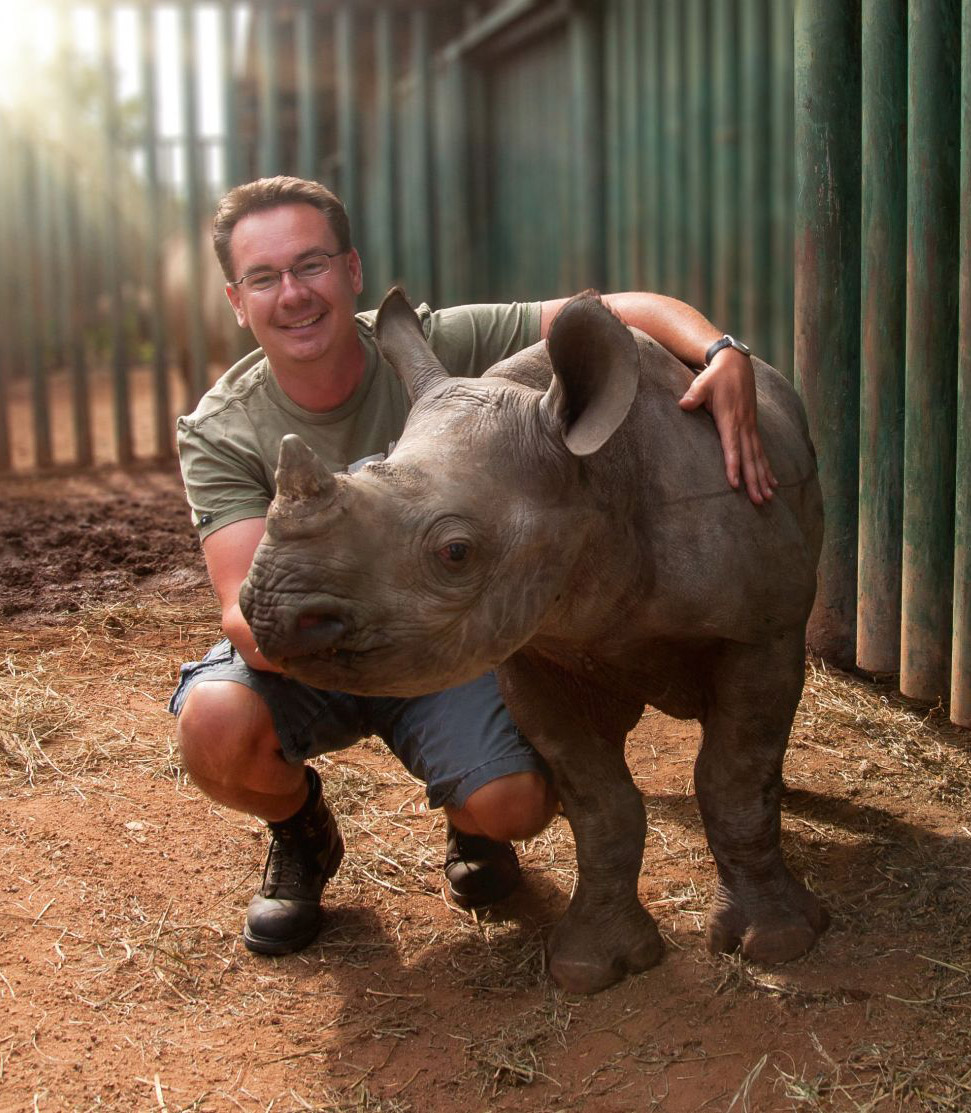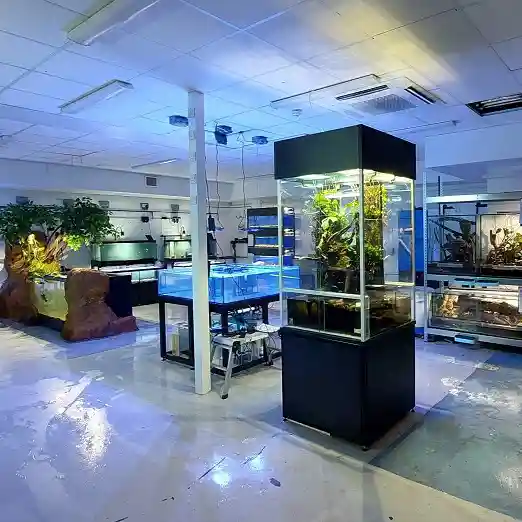How To Become A Zoo Keeper?
페이지 정보

본문
"The success of a nation and its moral development can be judged by the way its animals are treated." - Mahatma Gandhi

Do you like animals and imagine working in a zoo? Zoo keepers are type in safeguarding wildlife and caring for animals. At places like the Zoological Society of London (ZSL), over 20,000 animals get the care they require from specialists.
To become a zoo keeper, you need effort, education, and zookeeper a love for animals. This task is amazing, letting you work with numerous species and help with important preservation work. If you're into wildlife or animal welfare, zookeeping might be ideal for you.
Starting your zoo keeper career implies discovering what's needed. This guide will cover education, experience, and more. It's all you require to know to begin a fulfilling zookeeping profession.
Understanding the Role of a Zookeeper
Exploring what a zookeeper does reveals a function loaded with obstacles and benefits. They concentrate on animal welfare and preservation. Zookeepers strive to keep animals healthy and happy in their care.
Daily Responsibilities and Tasks
A zookeeper's day is filled with important jobs:
- Preparing meals that meet each animal's dietary needs
- Cleaning enclosures to keep them tidy and safe
- Watching over animal health and behaviour
- Offering medicines and treatments as required
- Creating activities to keep animals psychologically sharp
Workplace and Conditions
Zookeepers work outside in all sort of weather. They handle both indoor and outside areas. The job needs being healthy and able to handle the needs of looking after animals.

"Being a zookeeper is more than a task - it's a passionate commitment to animal care and preservation."
Types of Animals and Specialisations
Zookeepers can specialise in numerous animal groups:
- Primates
- Big cats
- Marine mammals
- Reptiles
- Birds
Your function might involve working with 2-5 different animal species. This requires a lot of knowledge and the capability to adjust.
Vital Skills and Personal Qualities for Zoo Keeping
To be a leading zookeeper, you require more than just a love for animals. Your task will be difficult and require you to manage animals and people well. You'll likewise need to understand animal behaviour.
What zoos look for in people includes:
- Exceptional patience and emotional durability
- Strong fitness and stamina
- Keen observation abilities
- Capability to remain calm under pressure
- High level of compassion towards animals
Getting hands-on experience is crucial to mastering this role. You'll need to reveal:
- Advanced understanding of animal care strategies
- Efficiency in animal handling and security procedures
- Efficient interaction with both animals and human visitors
"A great zookeeper links science, empathy, and conservation in every interaction with animals."
You ought to learn about animal nutrition, behaviour, and basic vet care. Most zookeepers learn through training, volunteering, and ongoing learning.
Zookeeper work is not just a task. It's a huge commitment to teaching about wildlife and helping conservation. Your passion and effort will make you stand zookeeper apart in this fulfilling profession.
How to Become a Zoo Keeper
Starting a career as a zookeeper needs mindful preparation and education. You must initially understand the educational requirements and training courses. These will turn your love for animals into a task.
Educational Requirements
To be a great zookeeper, you need a strong academic base. Many jobs look for certain certifications:
- At least 5 GCSEs at grade 4 or above, consisting of English, maths, and science
- A levels or higher education credentials
- A college degree in biology or animal science
- Level 3 Diploma in Animal Management
Needed Certifications
Getting special certifications can truly help you in your zookeeper career. Crucial ones include:
- Diploma in Management of Zoo and zookeeper Aquarium Animals (DMZAA)
- Zookeeping Level 3 Diploma (RQF)
- Animal handling certificates
- Emergency treatment credentials
Training Programs and Apprenticeships
Getting hands-on is type in zookeeper training. Many locations provide great chances:
- Unpaid apprenticeships at wildlife parks
- Internship programs at popular zoos
- Practical training at places like Colchester Zoo and Dartmoor Zoo
- Offering to get real-world skills
Pro pointer: Create a detailed portfolio to show your animal care abilities. It will help you in task applications.
Structure Relevant Experience in Animal Care
Gaining hands-on experience is essential for those wishing to be zookeepers. The task is very competitive. So, it's essential to start developing a strong base in animal care.
Your journey starts with finding methods to work directly with animals. This is a strategic action.
"Experience is the best instructor in animal care" - Wildlife Conservation Experts
Here work ways to get experience working with animals:
- Volunteer at local animal shelters to establish basic animal dealing with abilities
- Look for internships at wildlife rehabilitation centres
- Explore part-time positions at veterinary centers
- Contact your local zoo for possible volunteer chances
Volunteering is a great method to learn more about animal behaviour and care. Many zoos and animal shelters are trying to find individuals who want to find out. These places provide excellent opportunities to get hands-on experience and show your devotion to animal welfare.
Here are some pointers to take advantage of your experience:
- Keep a record of your abilities and interactions
- Get in touch with specialists in animal care
- Request references and recommendation letters
- Stay relentless and show your true enthusiasm
Keep in mind, practical experience makes you stand out in the zookeeping world. Each time you work with animals, you learn more. This increases your possibilities of getting a job in animal care.

Profession Pathways and Professional Development
Starting a profession as a zookeeper is amazing. It uses numerous possibilities to grow and specialise. Your journey begins with comprehending the different paths in this field.

Entry-Level Positions
Entry-level tasks in zookeeping are a great start. They provide you hands-on experience. Zoos look for candidates with:
- Level 2 Diploma in Animal Care (minimum credentials)
- GCSEs in English and a scientific subject
- Volunteer experience at animal shelters or farms
Profession Progression Opportunities
As you acquire experience, your profession can grow. You can move up to:
- Junior Keeper
- Senior Keeper
- Group Leader
- Expert Roles
"Continuous knowing and practical experience are crucial to advancing in your zookeeping profession."
Specialised Roles
You can likewise select unique areas like:
- Conservation reproducing programs
- Animal training
- Wildlife research
- Educational outreach
About 25% of zookeepers get advanced degrees in zoology or animal preservation. Getting Level 4 credentials can improve your chances for senior functions and research.
Working Hours and Physical Demands
Becoming a zookeeper suggests you'll work more than just routine hours. You'll deal with tough physical obstacles and need to be flexible, consisting of weekends and holidays. Zoos are open every day, so you'll typically work when others unwind.
"Zoo keeping is not a normal 9-to-5 task-- it's a way of life of devoted animal care and commitment."
This job is physically demanding. You'll work outside in any weather condition, raising heavy items over 50 pounds. Your tasks might consist of:
- Early early morning feeding schedules
- Cleaning up animal enclosures
- Preparing specialised diet plans
- Performing medical examination
- Maintaining complicated habitats
Shifts can begin as early as 5 AM and go late into the night. You'll be on your feet the majority of the time, moving in between animal zones. Weekends and holidays become part of the job, requiring lots of stamina and devotion.
Despite the obstacles, this task has fantastic rewards. You'll grow strong, both physically and emotionally. You'll also make remarkable connections with incredible animals.
Health And Wellness Considerations
Being a zookeeper features its own set of obstacles. It's essential to know how to keep both animals and staff safe. This implies following stringent health and safety guidelines.
Zookeepers deal with a distinct environment where security is crucial. Research studies reveal that health and wellness are now as important as the zoo's main work.
Risk Management Strategies
There are several ways to handle threats in zoos:
- Daily checks of animal enclosures for risks
- Counting animals at the start and end of shifts
- Viewing how visitors act near animals
- Being ready for emergencies
Animal Handling Safety Protocols
Understanding which animals are most dangerous is essential. Big animals like rhinos can be very risky. There have actually been cases where zookeepers got seriously injured.
Safety isn't just about using gear - it's about knowing animal behaviour and staying alert.
Personal Protective Equipment
Zookeepers need to use the ideal equipment, consisting of:
- Special gloves for dealing with animals
- Strong shoes for grip and security
- Clothing that secures against bacteria
Getting immunized against illness like hepatitis B and rabies is likewise essential. It helps keep zookeepers healthy in their tough job.
Income Expectations and Job Market
Thinking about a career in zoo keeping? It's important to know about salaries and zookeeper the task market. The field is growing, with more chances in the UK.

Let's look at what zoo keepers can make at different phases:
- Entry-level zookeepers begin at about ₤ 14,000 a year
- Certified ones make between ₤ 16,000 and ₤ 22,000
- Senior zookeepers can earn as much as ₤ 30,000 or more
The task outlook for zoo keepers is great. The sector is expected to grow by 5% in the UK by 2029. This indicates around 3,910 new jobs will be offered.
"The Association of Zoos and Aquariums supports professional development for zoo keepers," a report states.
Salaries vary based upon several things:

- Experience level
- Expertise
- Where you work
- The zoo's size and type
While the pay may not be high, the pleasure of dealing with animals is invaluable. The typical wage is around ₤ 17,000. But, total profits can be between ₤ 13,000 and ₤ 27,000 a year.
Conclusion
Beginning a career in animal care is an interesting journey. It requires devotion, enthusiasm, and a love for learning. With over 350 zoos and wildlife places in the UK, there are numerous task chances. You'll get to deal with fantastic animals and help safeguard wildlife.
To be a zoo keeper, you need more than simply love for animals. You need to have a good understanding of biology, be able to communicate well, and always wish to find out more. You'll gain hands-on experience, discover animal welfare, and establish a deep respect for nature. About 3,000 individuals in the UK have actually discovered satisfying careers in this field.
Your success in zoo keeping originates from blending science with a love for animals. Whether you're interested in mammals, birds, or marine life, this task lets you assist with preservation. Every day will bring new obstacles and learning chances that will enhance your skills and knowledge.
If you like animals and zookeeper wish to help safeguard wildlife, zoo keeping might be for you. Take on the obstacle, stay curious, and zookeeper turn your passion for animals into a fulfilling profession.

- 이전글وهذا يدل على الالتزام برحلتهم الشخصية 25.03.06
- 다음글Filler Dissolving Treatment - Dissolving Lip Fillers near Ottershaw, Surrey 25.03.06
댓글목록
등록된 댓글이 없습니다.
